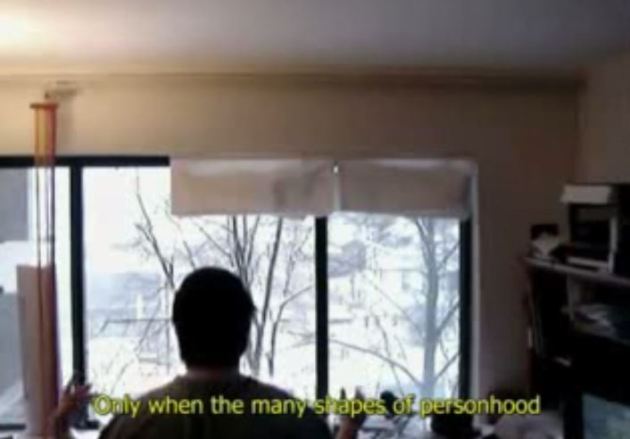Dear friends,
After 9 years of living in California, I moved back home to Illinois. I’m in an incubator program that incubates new attorneys into solo practitioners. Yes, my life has been full of detours, twisting and turning my intended direct path. When I was in Pasadena, I met up with my law school friend and mock trial competition co-counsel. As I shared my job search frustrations, she jokingly asked if I was upset that I haven’t changed the world yet. She was right. I remember writing in my law school applications that I’m not naive enough to think I can change the world, but I want to be a catalyst for everyday change. I’ve come to realize that I do want to change the world. Or at the very least, be part of that change.
This mass email will probably be my last update from this address. I plan to launch my law practice for people with disabilities and their families on January 2, 2015! I keep pushing back my launch date, so perhaps sharing my exciting news of my second wind at my legal career will motivate me to stick to this date.
In other fantastic news, Able Community, the soon-to-be nonprofit housing cooperative I’m starting with friends with and without disabilities filed its articles with the Illinois Secretary of State. We’ve been working on it for the past two years and are progressing towards our goal of becoming a 501(c)3. If I am able to leave a legacy, I believe it will be for my work on Able Community, redefining independence for people with disabilities, personal assistants, and their families by improving accessible housing and the dynamics of care to enable reaching our full personhood potential and employment. To find out more about Able Community, please visit: ablecommunitychicago.org.
Stay tuned for more exciting news to come!
This was an e-mail update to my friends. If you would like to receive e-mail updates from me, please leave me a comment below.

Picture of the “at” symbol emerging from an envelope with a blue arrow circling the envelope, representing an e-mail, from this link.


